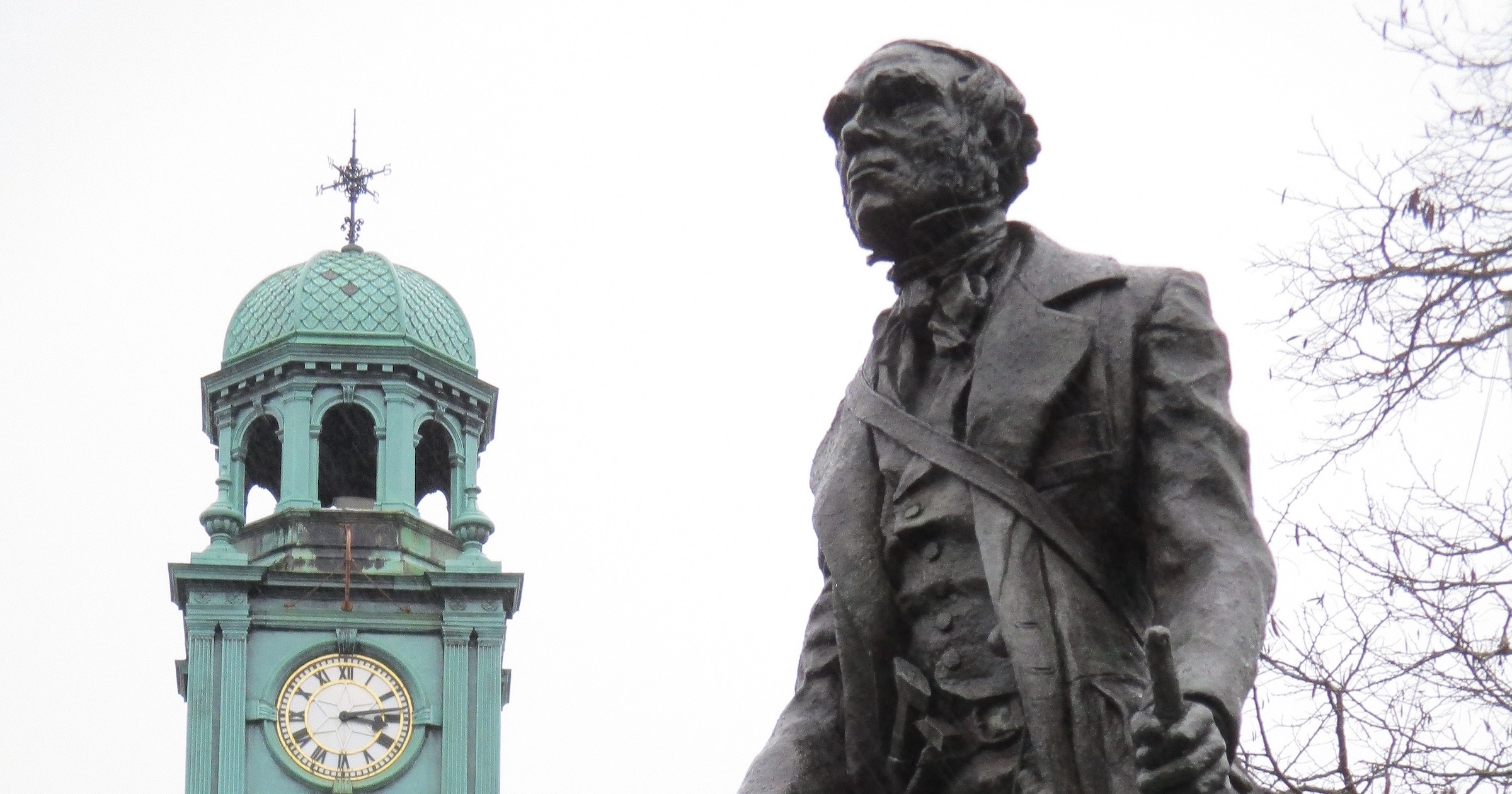 Evolution
Evolution
Why Darwin Exaggerated His Health Problems

Editor’s note: Dr. Shedinger is a Professor of Religion at Luther College in Decorah, Iowa. He is the author of a recent book critiquing Darwinian triumphalism, The Mystery of Evolutionary Mechanisms.
As I showed yesterday (“The Uses of Illness in Darwin’s Correspondence”), all the evidence points to Darwin as a generally healthy man with a strong, active libido, normal sexual function, and prodigious fertility. This simply does not square with the picture Darwin paints of himself — a wretched invalid whose daily activities are seriously compromised by debilitating ailments and chronic fatigue. Why would Darwin paint such an inaccurate picture of his health?
Ralph Colp’s To Be an Invalid effectively dispels any notion that Darwin suffered from organic illness. He chalks up Darwin’s many symptoms to stress and anxiety. No doubt Darwin did experience many of the symptoms he describes, but in constantly rehearsing his complaints in his letters, Darwin’s health reports become a rhetorical trope designed to exact sympathy and disarm critics. This rhetorical trope functioned also to provide a ready excuse for why Darwin never completed the big book on species promised to the readers of the Origin of Species, a big book meant to supply all the facts on which the argument of Origin is based. Darwin, clearly, did not possess those facts, and he knew it.
A Lack of Evidence
By presenting the Origin as a mere abstract of a much larger work, Darwin encouraged his readers to not judge the lack of evidence for natural selection too harshly. They should await the publication of the big book. But, of course, Darwin then justified the delay in publication of the big book on the grounds he was too ill to complete it.
Rather than work on the big book after the publication of Origin, Darwin instead turned to a study of the fertilization of orchids. He refers to this work as a mere hobby-horse, but one that brought him much pleasure. He does question in a series of letters the usefulness of this work and wonders if it was all a waste of time. But this seems to be an example of Darwinian false modesty.
Following the publication of his orchid book in 1862, Asa Gray wrote to Darwin:
I have just received and glanced at Bentham’s address, and am amused to see how your beautiful flank-movement with the orchid-book has nearly overcome his opposition to the Origin.
Responding to Gray, Darwin confessed:
Of all the carpenters for knocking the right nail on the head, you are the very best: no one else has perceived that my chief interest in my orchid book, has been that it was a “flank movement” on the enemy.
A Turn Toward Botany
Lacking evidence for natural selection in animals, Darwin turned to botany, hoping that documenting the many contrivances (his word) by which orchids ensure their cross-fertilization by insects would convince readers of natural selection’s power. But this flank-movement did not work as well as he hoped.
Scottish botanist George Dickie wrote to Darwin:
I have read your work with much satisfaction, & while subscribing to your remarks respecting adaptations, I frankly confess that I cannot comprehend how they can be explained by “natural selection” or what relation they have to that view.
Charles Kingsley, in his Westminster Sermons, exhorted his readers to study Darwin’s orchid book to see how little natural selection affected the theory of design and adaptation, and he viewed Darwin’s book as a valuable addition to natural theology.
Eventually, Darwin did return to his larger species project and published Variation of Animals under Domestication in 1868. He certainly had evidence to show how organisms could change under the power of artificial selection. But the evidence for natural selection he promised his readers never saw the light of day. It didn’t exist, and, again, Darwin knew it. But the rhetoric of debilitating illness helped take the pressure off. Who would harshly criticize such a sick man?!
Most biographers have employed Darwin’s voluminous correspondence as a treasure-trove of facts about his life. And it is that. But a more critical reading reveals a rhetorical structure that probably tells us more about who Darwin really was than the factual information. Darwin was an elitist amateur naturalist who lucked into a natural history adventure from which he returned desperate to make a mark in science but well aware of his shortcomings as a scientist and the shortcomings of his scientific work. He did not succeed in accounting for the origin of species, but he did succeed in planting the seeds of a Darwinian mythology still haunting us today. I hope to fully pull the curtain back on this mythological creature in a future work.
